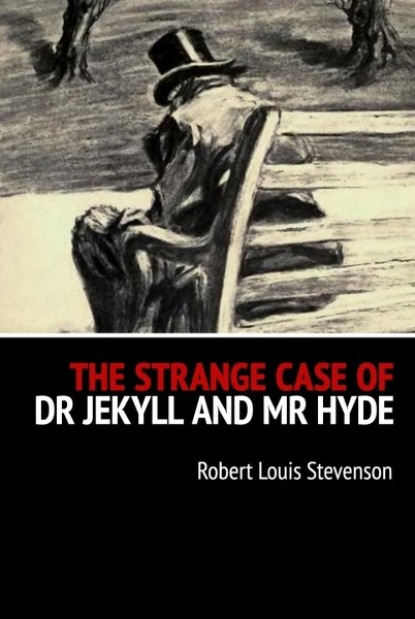Raamatut ei saa failina alla laadida, kuid seda saab lugeda meie rakenduses või veebis.
Maht 121 lehekülge
2013 aasta
12+
Raamatut ei saa failina alla laadida, kuid seda saab lugeda meie rakenduses või veebis.
Raamatust
The Strange Case of Dr Jekyll and Mr Hyde can be seen as a story about the concept of good and evil that exists in all of us or a critique on the hypocrisy and double standards of the society and also an interesting study into the mind of the author and into the theories of dualism.
First published to critical acclaim in 1886, this mesmerizing thriller is a terrifying study of the duality of man’s nature, and it is the book which established Stevenson’s reputation as a writer.
London lawyer Utterson is driven to investigate Edward Hyde, the unlikely protégé of his friend Dr Henry Jekyll, suspecting the relationship to be founded on blackmail. The truth is worse than he could have imagined. As the mystery deepens, time appears to be running out for Utterson and Enfield to discover what is really wrong with their friend Dr Jekyll – and the final revelation divulges a ghastly secret that makes us wonder about our ability to truly transform ourselves.
This edition contains full notes and includes a short story “Markheim”.
This book has been specially formatted for devices that support EPUB3.
1.0
Žanrid ja sildid
Скромным натурам свойственно принимать свой дружеский круг уже готовым из рук случая;
Обычные люди представляют собой смесь добра и зла, а Эдвард Хайд был единственным среди всего человечества чистым воплощением зла.
"Пьяница, задумавший отучить себя от своего порока, лишь в редком случае искренне содрогнется от мысли об опасностях, которым он подвергается, впадая в физическое отупение. Так же и я, постоянно размышляя над своим положением, все же склонен был с некоторым легкомыслием относиться к абсолютному нравственному отупению и к неутолимой жажде зла, которые составляли главные черты характера Эдварда Хайда"
Jekyll had more than a father's interest; Hyde had more than a son's indifference.
... они питали глубокое взаимное уважение и к тому же (что далеко не всегда сопутствует подобному уважению у людей, так же уважающих и самих себя) очень любили общество друг друга.
